Ramadan is a special time for our Muslim friends, learners, and family, but how much do we actually know about it? Simply knowing that Muslims abstain from food and drink for an unfathomable amount of time just does not cut it anymore. We have to be more culturally and socially aware.
Rest assured, in this post, we will touch base on some of your Ramadan questions and learn how you can incorporate Ramadan into your classroom using our amazing Ramadan Activities Printable Pack, which is completely FREE!
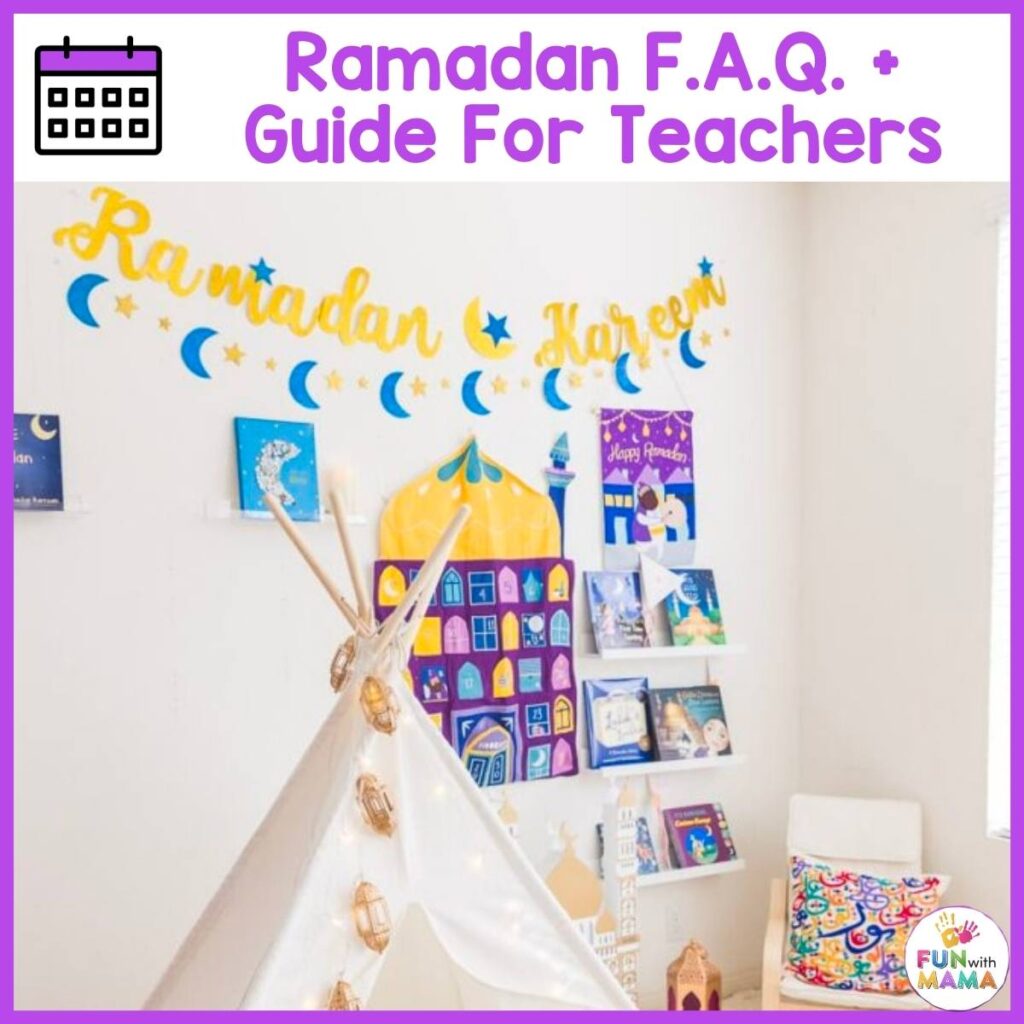
TOP FAQ’s:
What is Ramadan?
Ramadan is the ninth month of the Islamic Calendar (also known as the lunar calendar). It is a month wherein Muslims abstain from food and drink from dawn to dusk, sunrise to sunset, in the hopes of attaining more than just an empty stomach! Ramadan is a holy, sacred, and incredibly spiritual month for Muslims all over the world!
What do you do and eat during Ramadan? Not even water?
We stay away from food and drink from sunrise to sunset. We are allowed to eat and drink from sunset to sunrise but many of those hours include sleeping time too.
We partake in an early pre-dawn meal called ‘Suhoor,’ and then break our fast at sunset or ‘Iftaar ‘ (typically with dates and water!) However, this is just a tiny part of it.
Ramadan focuses on the enrichment of the soul, on developing self-restraint and self-discipline, and on building good habits. From the youth to the elderly, it is a time to improve ourselves! Here’s what we do:
- We read our holy book, the Quraan (fun fact: Ramadan is also called the month of the Quraan!)
- We remember our Creator Allah (God) in abundance, and our beloved prophet, Muhammad (may peace be upon him).
- We try to give out charity.
- We spend more time in the Mosque (place of prayer).
- We forgive others, spend time with friends and family, and try to be as spiritually present as possible.
- We also engage in an additional night prayer called ‘Taraweeh’. It is special because the aim is to recite the entire Qur’aan throughout the month of Ramadan.
Tell me more about my student’s morning
For your students who are fasting, they will likely have woken up early in the morning for their pre-dawn meal. This could be at around 5 am (depending on where they live and what time sunrise is.)
How Suhoor works is, we wake up as a family around 5 am, eat breakfast and fill up on water. We then read our prayer and go back to sleep to catch a little bit of sleep before our school day begins.
Sometimes it’s a little challenging to wake up that early.
Sometimes it’s hard to fall back to sleep after Suhoor, so they may finally fall asleep about 20-30 minutes before it’s time to wake up for school.
What does the night look like?
Once the sun sets, we break our fast with dates and water. We eat a meal and also go straight into prayers. There are extra prayers during Ramadan, including one that we do each and every night during this month. It is called Taraweeh prayer. Once Taraweeh prayer is over, it’s generally time for bed so that we can catch some sleep before waking up for Suhoor.
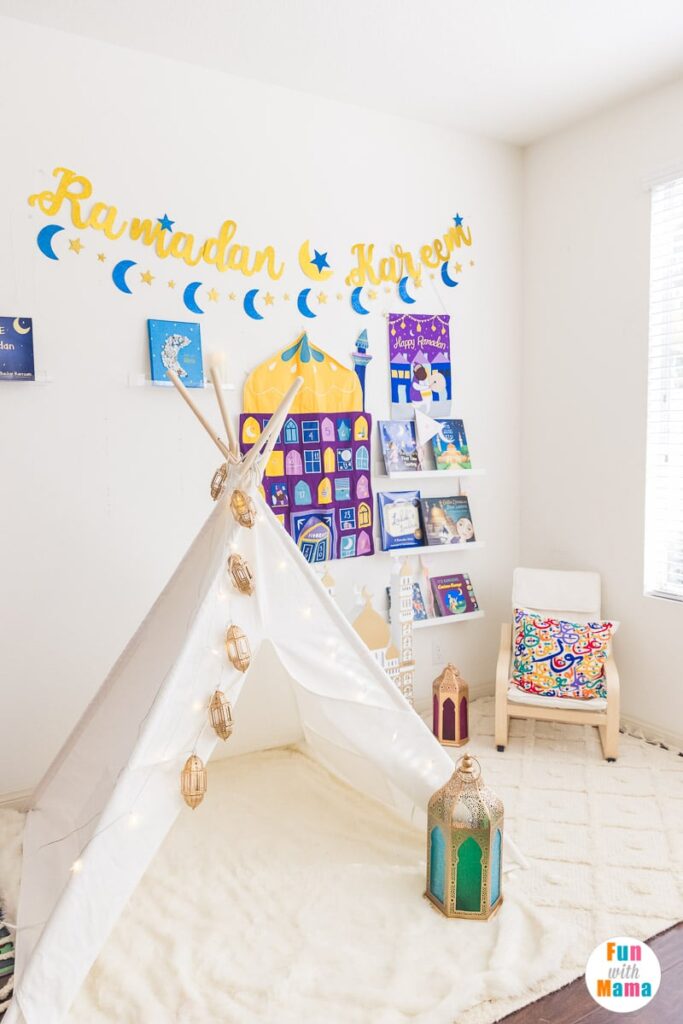
What is the significance of fasting?
Fasting is regarded as an act of worship for our Creator, and we believe that it holds great rewards. The reasons, put simply, are:
- Fasting allows us to empathize with those who are poverty-stricken and who spend their days with their bellies empty. It teaches us gratitude and makes us more aware of other people and their circumstances.
- Fasting is not just about going hungry, it is an act of the body as a whole. We fast with our eyes and try to see the good in everything; we fast with our ears and try to listen to things that are beneficial; we fast with our tongues in that we try to utter only what is kind, and through these actions, we fast with our heart, mind, body, and soul whilst abstaining from things that do not benefit us.
How long is Ramadan? When does it end?
Ramadan is 29 or 30 days depending on the birth of the new moon for the next Islamic month. The end of this blessed month is bid farewell with a beautiful celebration called “Eid-ul-Fitr.”
What does ‘Ramadan Mubarak’ mean?
It is simply a way of wishing one another a blessed month of Ramadan ahead. Another way to do so is to say ‘Ramadan Kareem.’
Do you lose weight if you fast? Asking for a friend.
There are certainly health benefits to fasting, and these are aplenty. Losing weight is not the ultimate goal; however, improving your physical health is part of the experience. The word Ramadan is derived from the Arabic word ‘Ramada,’ which literally means ‘to burn.’ This burning refers to the burning of bad habits, toxic behaviors, and things that hinder our growth. However, burning calories is a perk as well!
By abstaining from food for a set period of time, fasting also helps lower cholesterol, improves blood sugar levels, and improves the digestive system. However, please keep in mind that Islam has always promoted moderation as the central point of everything, and this is the key to living a healthy lifestyle!
Does everyone have to fast?
Once a person has reached the stage of puberty, they are obligated to fast. Children do not have to fast; however, they are allowed to do so if they wish – and many choose to do so! It helps them understand Ramadan, gets them in the spirit, and participate in the traditions of this beautiful month!
A subject that most people find touchy is why certain people don’t fast. Isn’t everybody supposed to fast?
Those individuals who are menstruating, pregnant, breastfeeding, traveling, mentally/physically ill, or elderly do not have to fast! These individuals are already facing immense hardship in their lives, and it is essentially a small reprieve.
If a child feels sick and they are fasting, what do I do?
Firstly, understand that it is not wrong for them to break their fast (remember this in a life-or-death situation!). An adult breaking their fast would require a valid reason. However, please try to understand the child’s feelings and thereafter use your discretion.
Can my students still do physical education?
It is important to remember that these students will not be able to drink water during or after playing sports. This can be difficult and lead to dehydration, which will affect their learning for the rest of the school day. Some children find that going about their day as normal makes the hours go by faster, but others need small changes to help ease them through their fasting day.
How can I help my students?
Try not to plan food-related lessons during the month of Ramadan. If it is a hot day out, this can be even more challenging and frustrating for children. Consider allowing your student to stay indoors, if possible, during the lunch break if they would like.
How should I treat my Muslim friends/students during Ramadan?
Just like how you treat us the rest of the year, it is still us, just maybe a little hungrier than usual! Here are some things to keep in mind:
- Ask them questions that you are curious about! We love talking about our religion.
- Do not worry about offending us by eating; it is really okay, I promise. We love Ramadan and wait all year for it.
- Try to fast for a day or even half a day if possible! It will give you some perspective as to how they are feeling.
- Use inclusive language
Are there any psychological impacts of fasting?
Absolutely! Fasting builds endurance and enhances willpower. By waiting all day for that sip of water to touch your lips, you learn the importance of building your mental strength. It teaches you to forgo short-term enjoyment to accomplish long-term goals. It improves vigilance and attention. Muslims feel a sense of pride and reward, have better time management and control. This can help boost self-esteem and act as a feel-good stimulant in the brain.
How do I teach my little ones about Ramadan?
We are so glad you asked! Keep reading for inspiration and ideas!
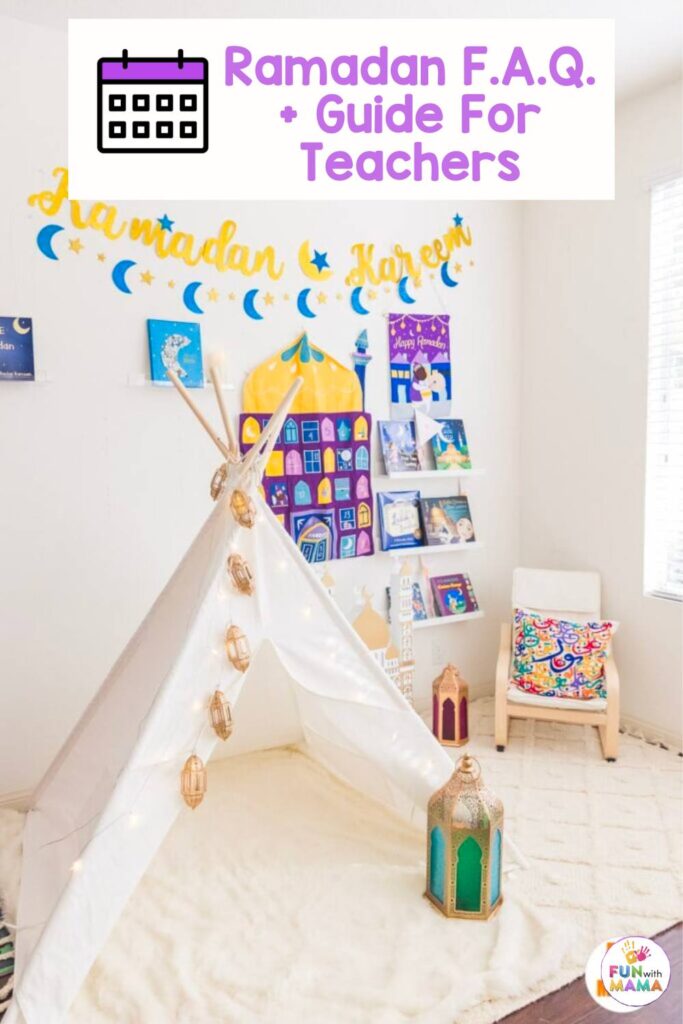
HOW TO INTEGRATE RAMADAN INTO THE CLASSROOM
1. A hands-on-presentation
Prepare a quick-fact chart about Ramadan and share it with the students! Try to make it engaging by having them color in an item (e.g. State that the fast is broken with dates and have an outline of dates that they can color!). Check out our Ramadan color-by-number activity pack activity for more fun activities to engage your little ones!
2. A Ramadan simulation
Try to invoke the feeling of Ramadan in your classroom! Children are always more responsive to what they can feel, see, and touch. Check out our Ramadan decorations, let the little ones decorate your classroom, and have an “Iftaar” picnic where they ‘break their fast’ and have food and fun, sharing in the love and beauty of this month! Ramadan brings friends and families together and spreads kindness in abundance.
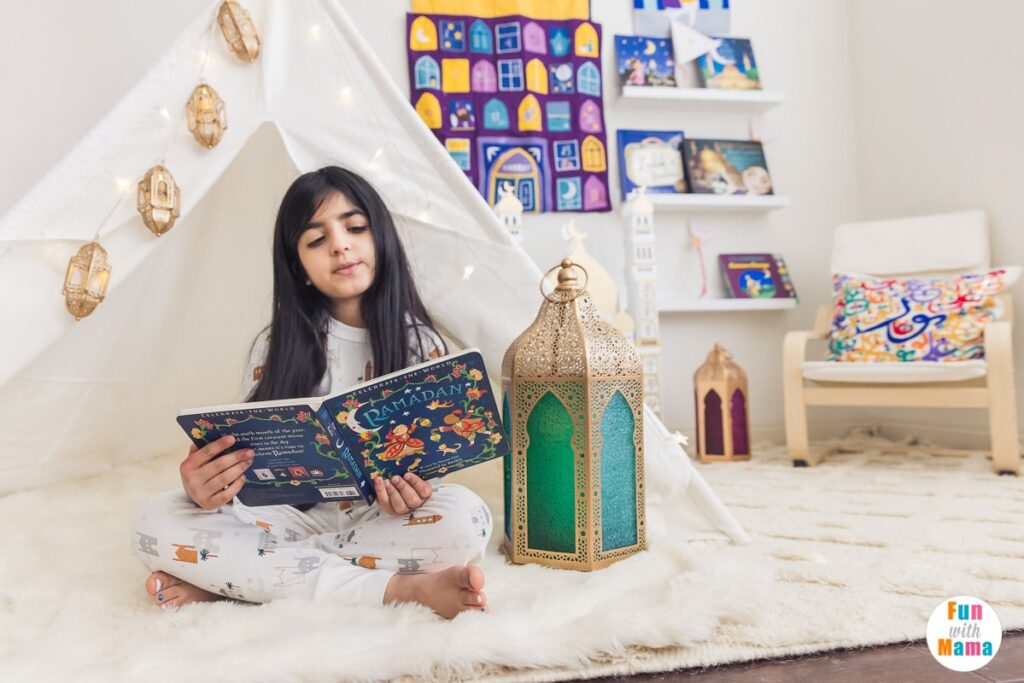
3. Have a Ramadan tracker in Class
If you have a lot of Muslim students in your classroom try to create a chart that can track who is fasting each day.
4. FREE Ramadan Printable Pack
This might just be our most popular option! This is why we saved the best for last! Nothing gets little ones in the spirit of anything more than themed activities. As the month of Ramadan has dawned upon us, engage their minds with our Ramadan Printable Pack, which is 100% FREE!!! From creative activities like lantern-making (how brilliant!) to stunning henna designs and free worksheets that focus on fine-motor skills and problem-solving. It simply allows them to learn about Ramadan, how to be aware of important religious practices, and lets them channel their creative side!
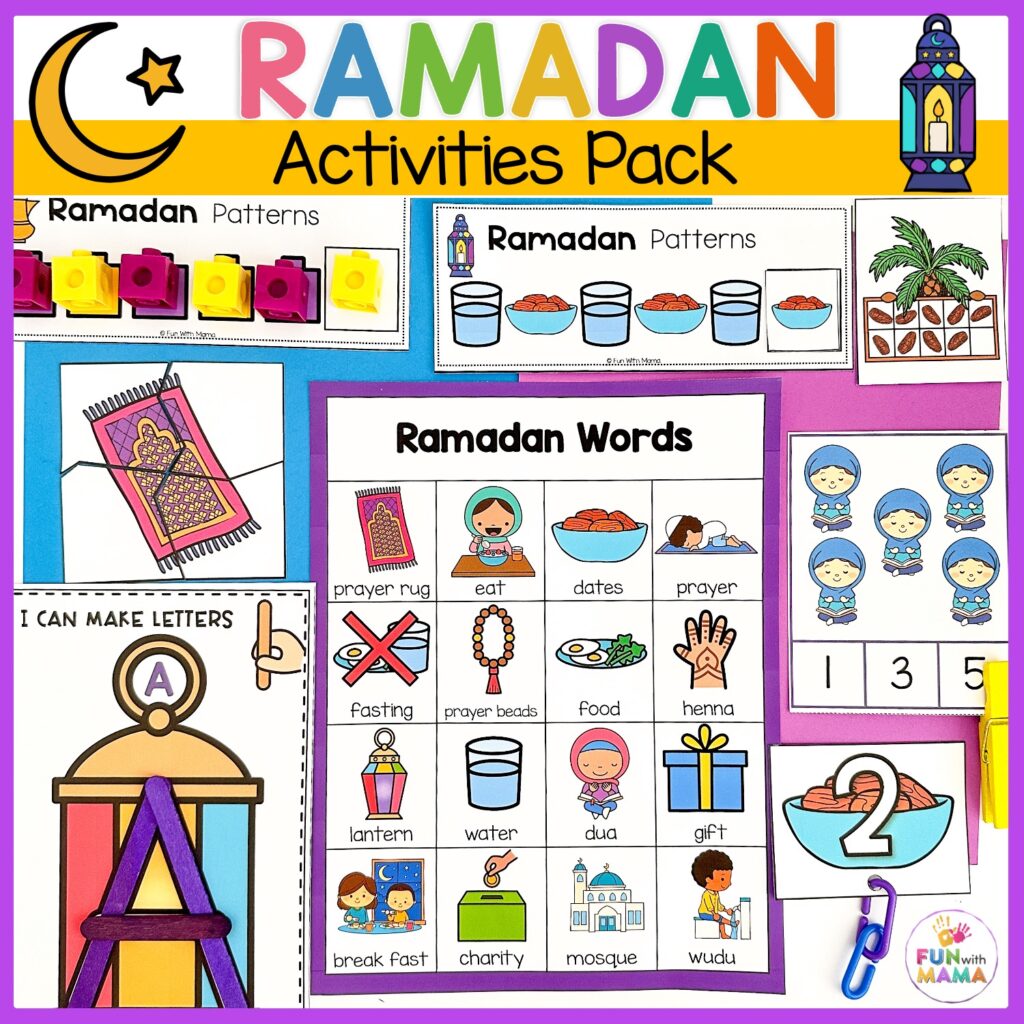
Ramadan is a month that Muslims yearn for all year. It is a month wherein we empty our bellies but fill our cups in every other way. It is a month of peace, kindness, forgiveness, mercy (and maybe a samosa or two!).
WHERE TO GET THE RAMADAN COLORING PAGES PACK
GET THE RAMADAN COLOR BY NUMBER WORKSHEETS HERE
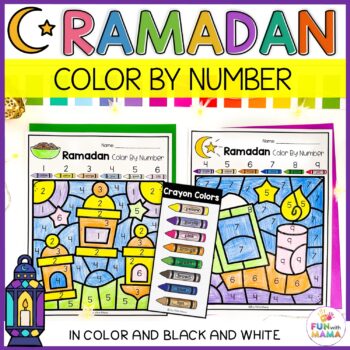
Do you have any other questions about Ramadan?

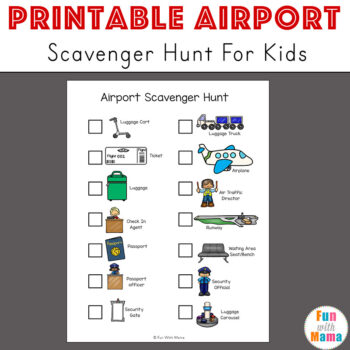
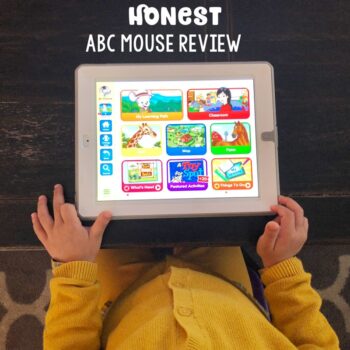

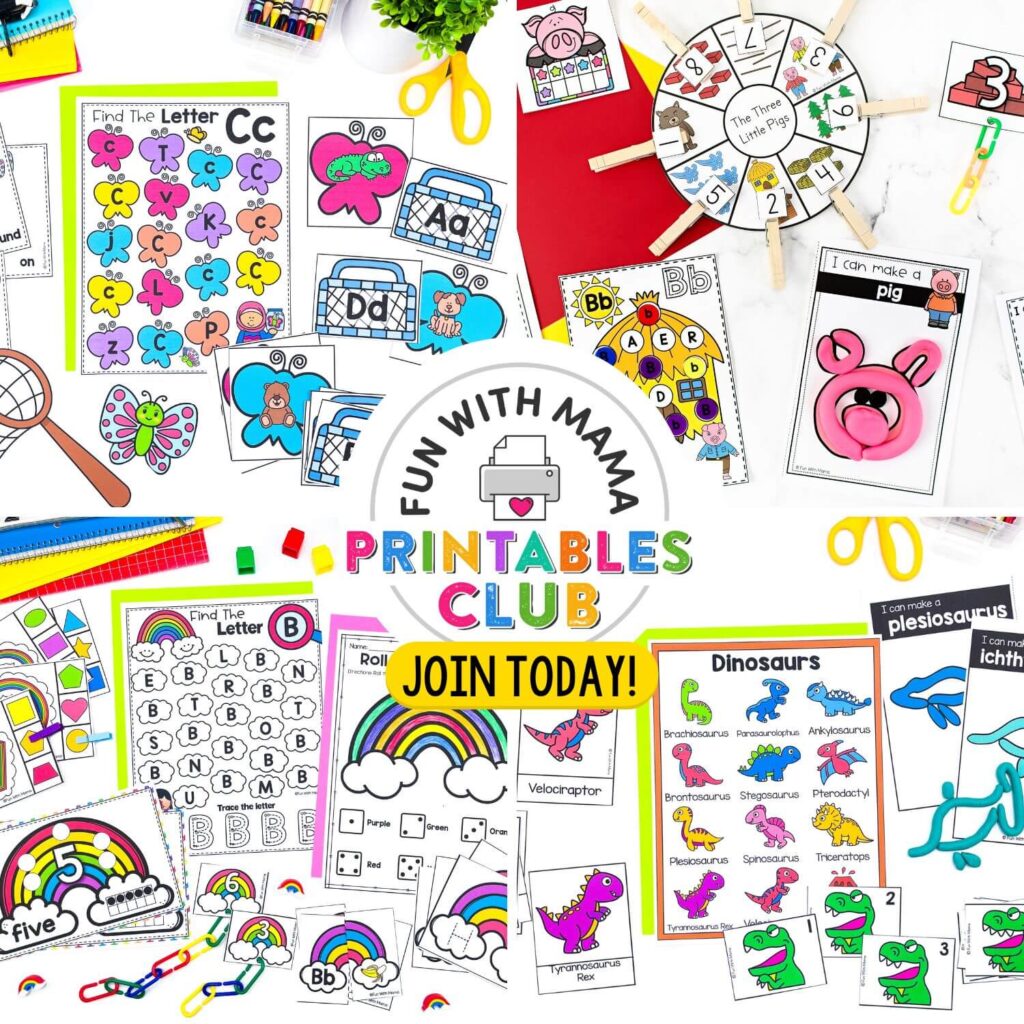

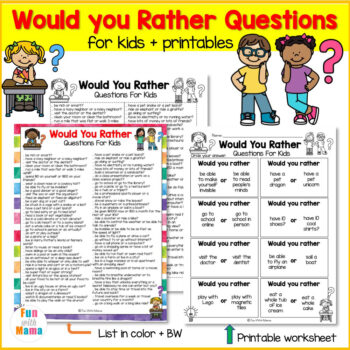

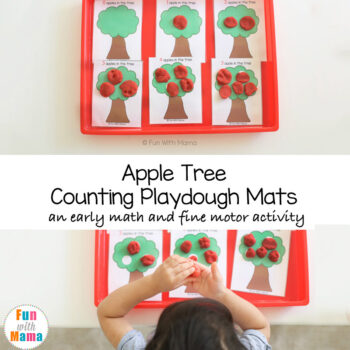
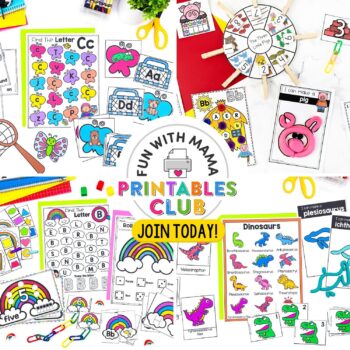
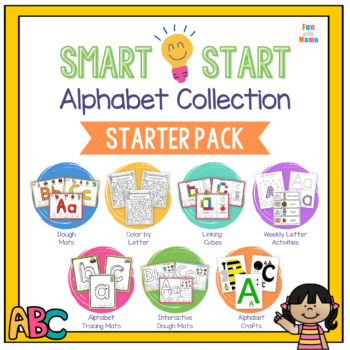
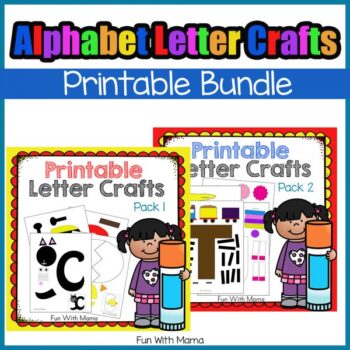
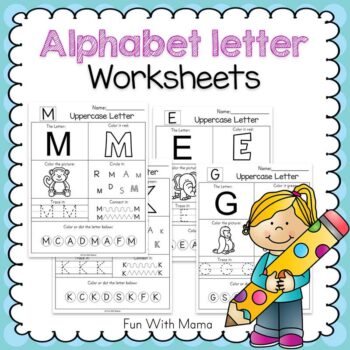
Leave a Comment